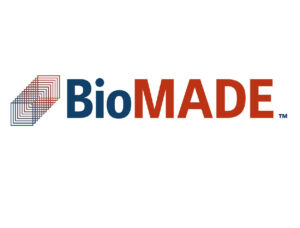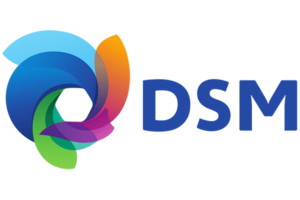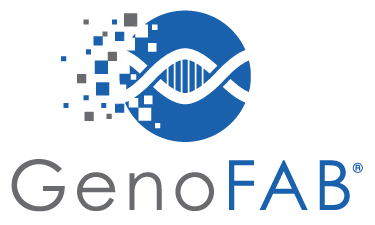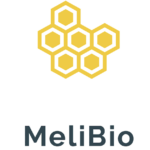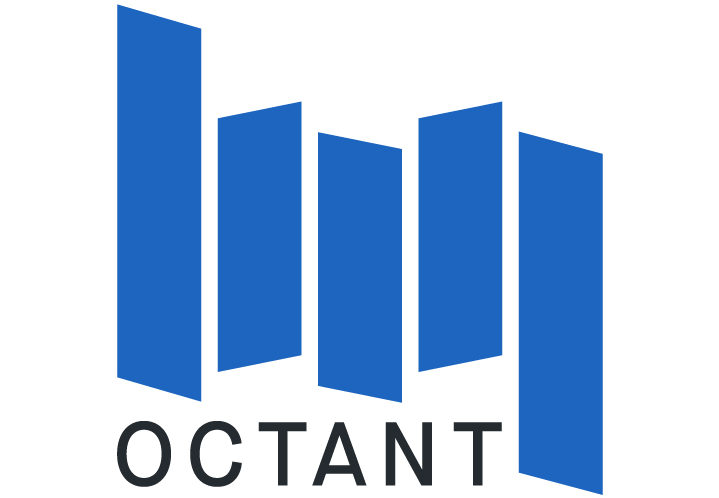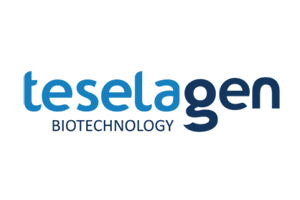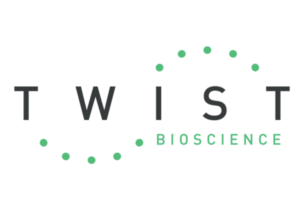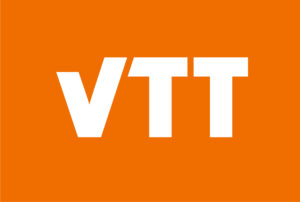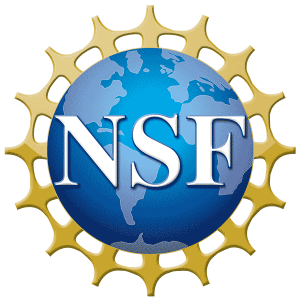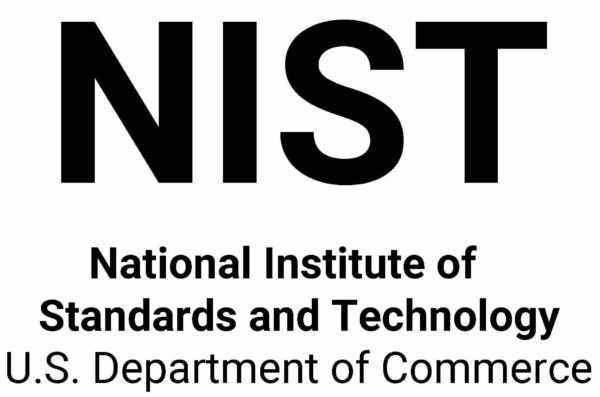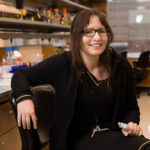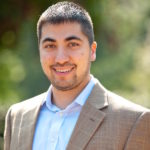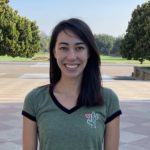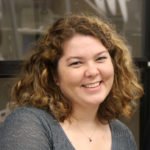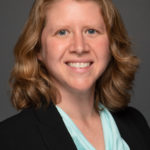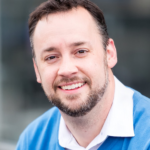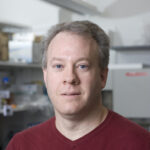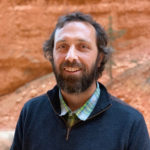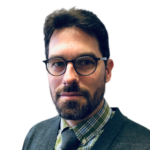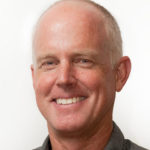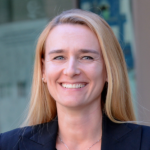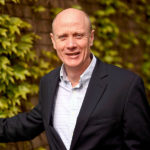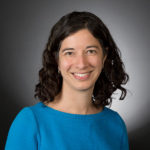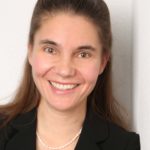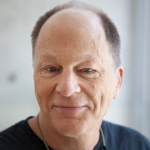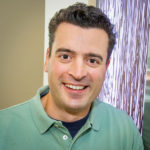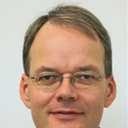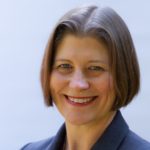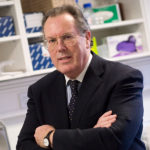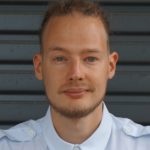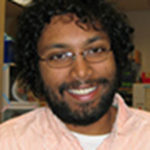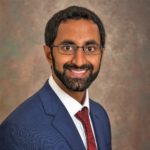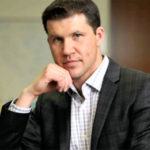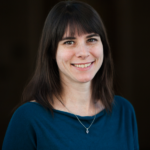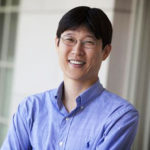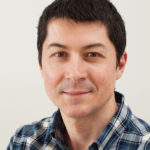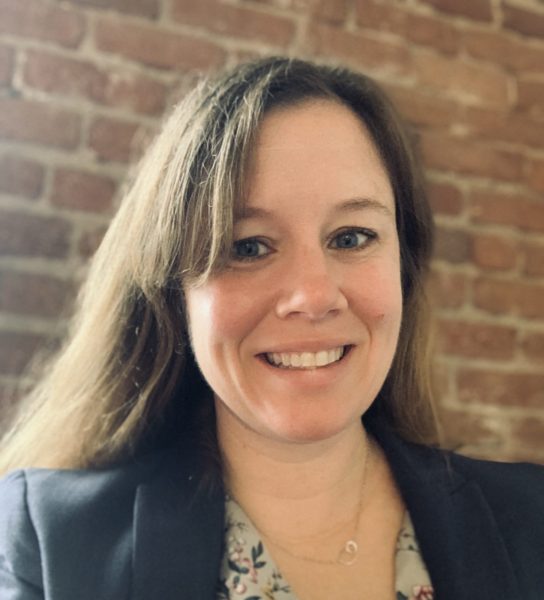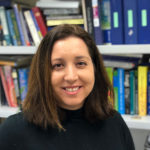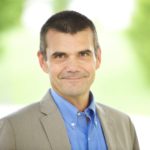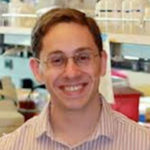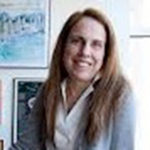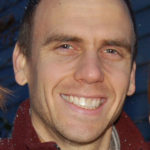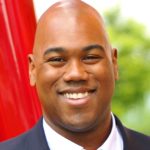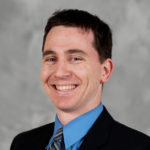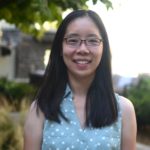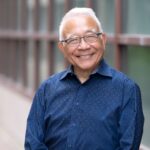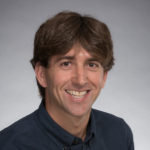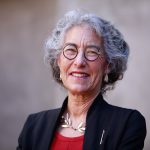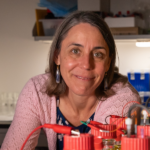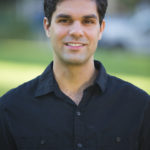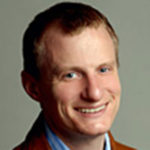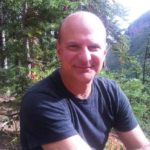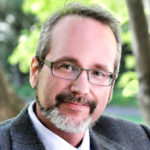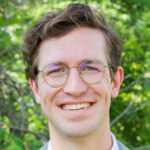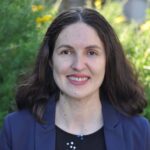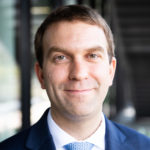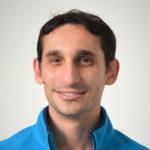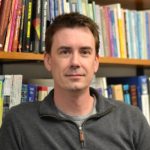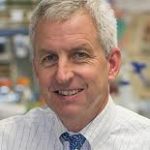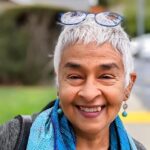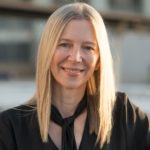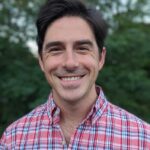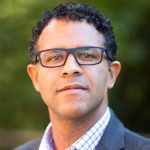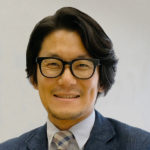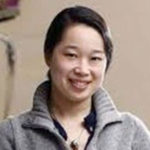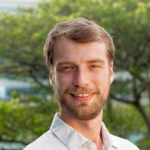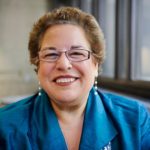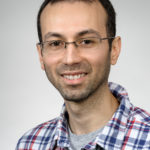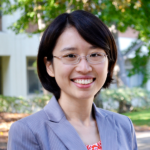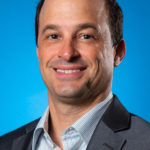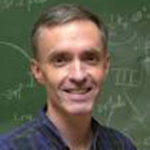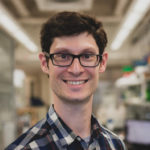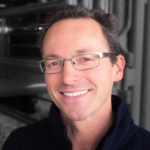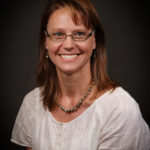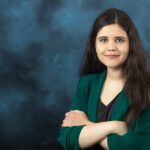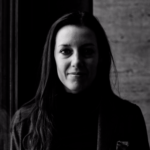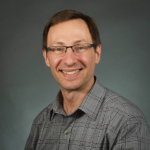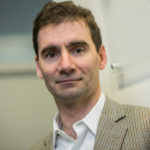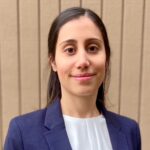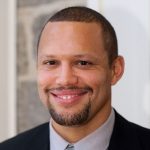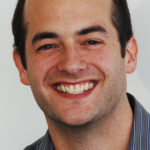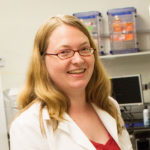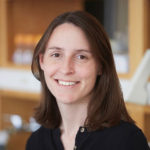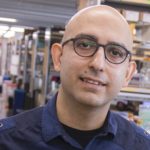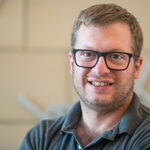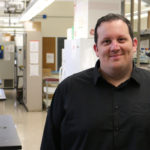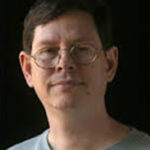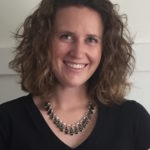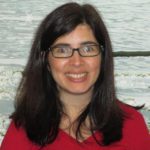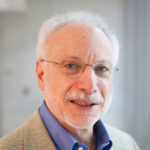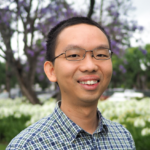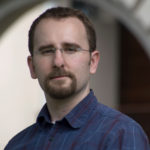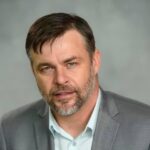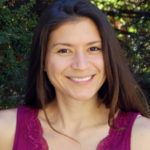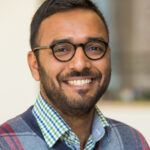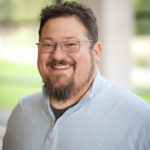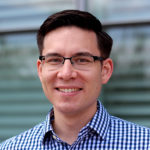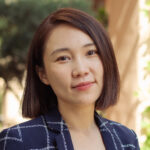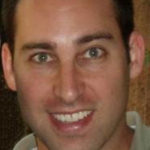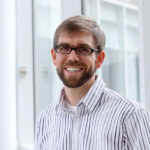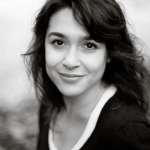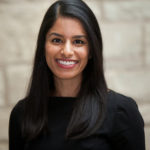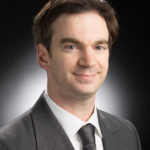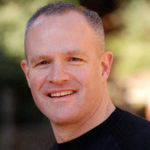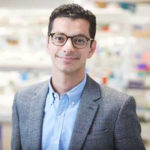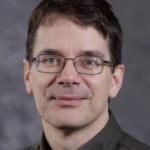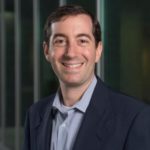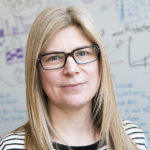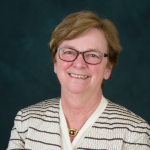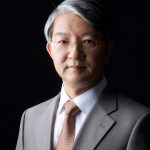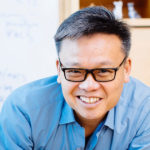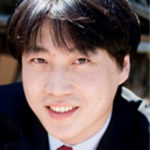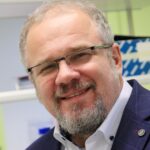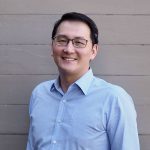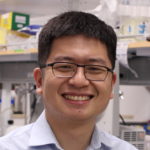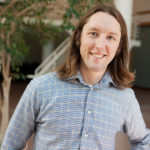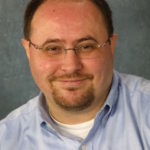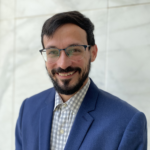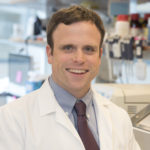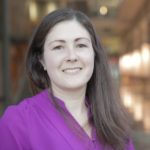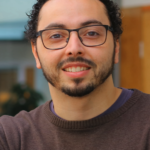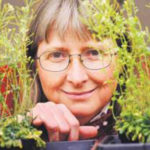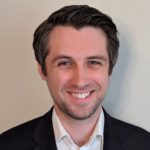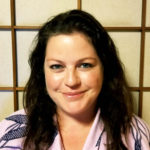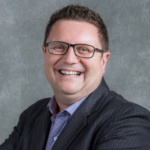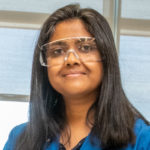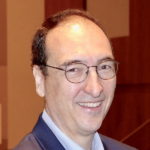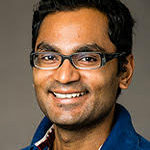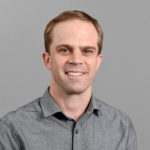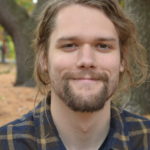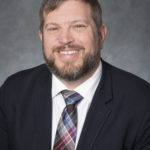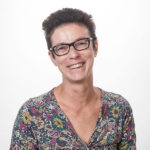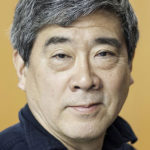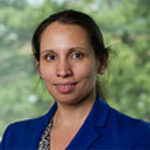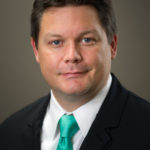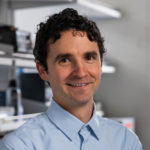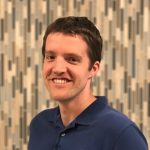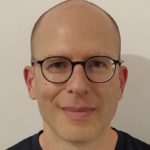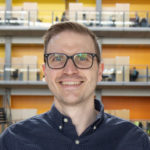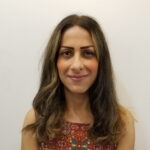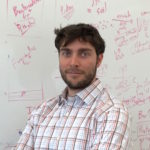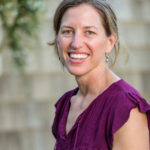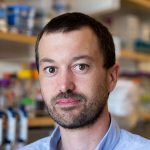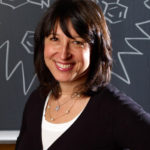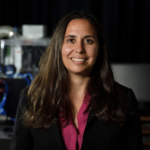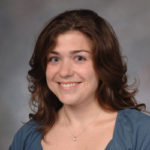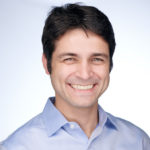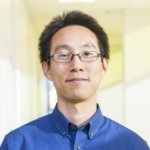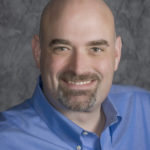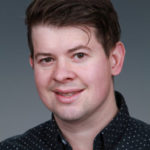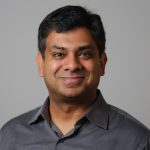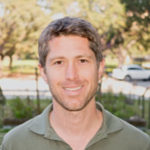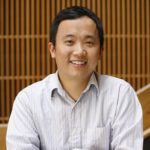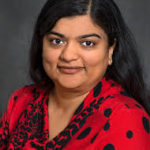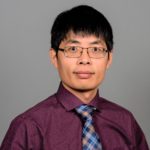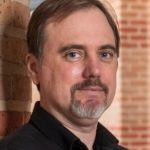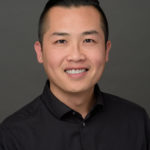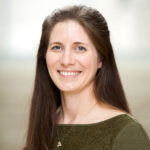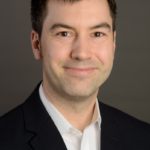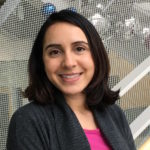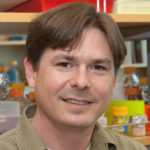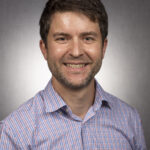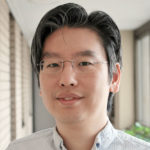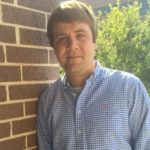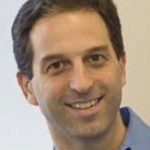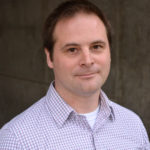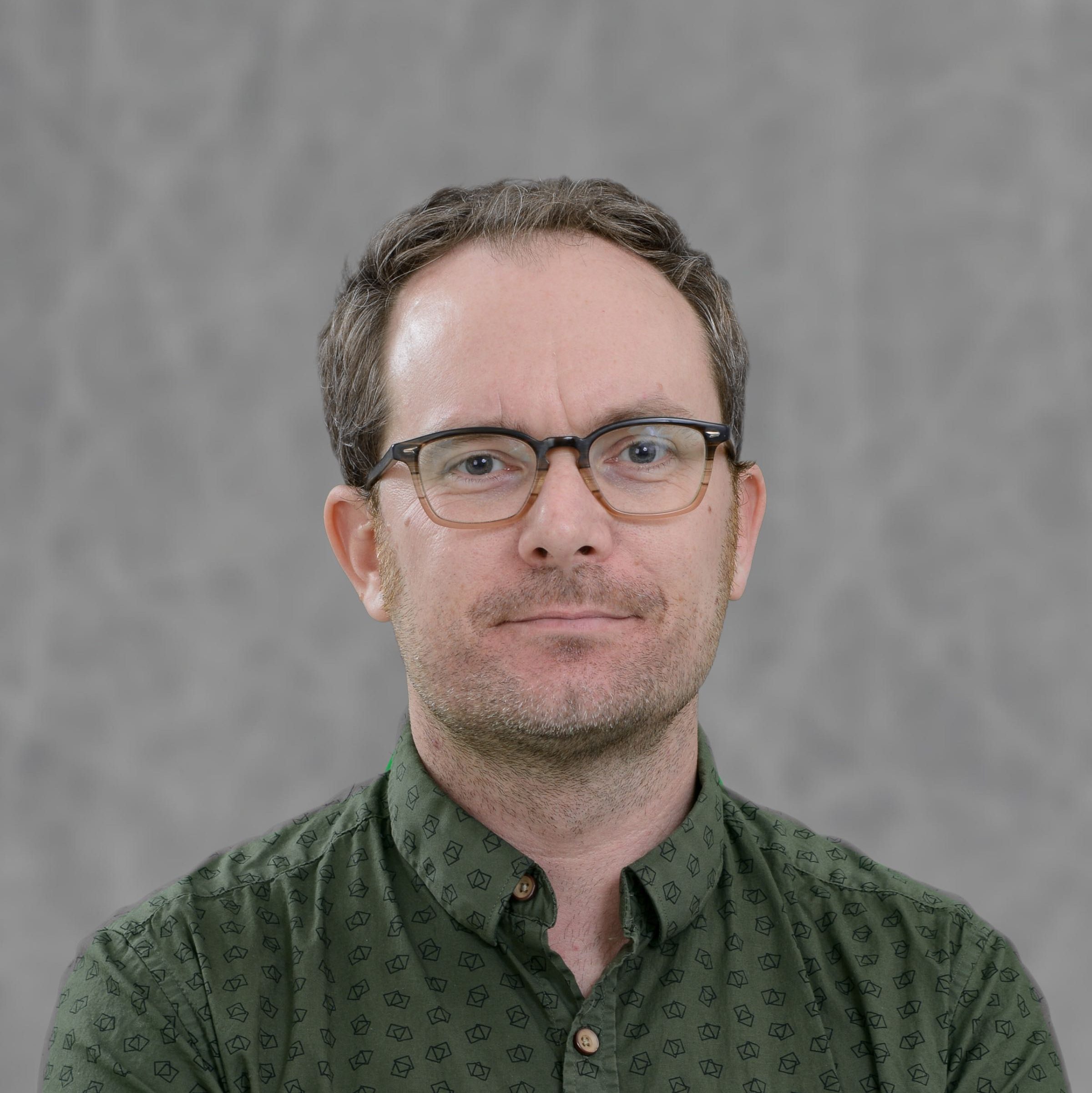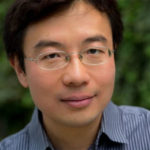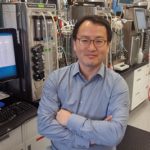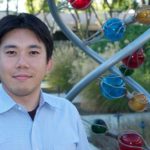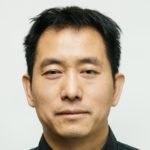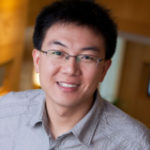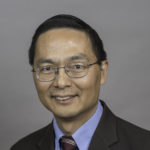Membership is open to individuals who have begun their independent research career and hold PI-level status at an academic or non-profit research institution in the United States. Members generally have published work that contributes to the field of synthetic biology and are in good standing within the community. They participate in working groups, programs, and other activities.
-
Kate Adamala
University of Minnesota
Full Bio →
-
Caroline Ajo-Franklin
Rice University
Full Bio →
-
Omar Akbari
UCSD
Full Bio →
-
Christopher Anderson
University of California, Berkeley
Full Bio →
-
Theodore Anton
DePaul University
Full Bio →
-
Adam Arkin
University of California, Berkeley
Full Bio →
-
Joshua Atkinson
Princeton University
Full Bio →
-
Ania-Ariadna Baetica
Drexel University
Full Bio →
-
Jeffrey Barrick
University of Texas at Austin
Full Bio →
-
Chase Beisel
Helmholtz Institute for RNA-based Infection Research
Full Bio →
-
Matthew Bennett
Rice University
Full Bio →
-
William Bentley
University of Maryland
Full Bio →
-
Devaki Bhaya
Carnegie Institution for Science
Full Bio →
-
Mark Blenner
University of Delaware
Full Bio →
-
Leonidas Bleris
The University of Texas at Dallas
Full Bio →
-
Cinnamon Bloss
University of California San Diego
Full Bio →
-
Jennifer Brophy
Stanford University
Full Bio →
-
Nicole Buan
University of Nebraska-Lincoln
Full Bio →
-
Devin Camenares
Alma College
Full Bio →
-
James Carothers
University of Washington
Full Bio →
-
Matthew Chang
National University of Singapore
Full Bio →
-
Michelle Chang
University of California, Berkeley
Full Bio →
-
James Chappell
Rice University
Full Bio →
-
R. Alta Charo
University of Wisconsin
Full Bio →
-
Alejandro Chavez
Columbia University
Full Bio →
-
Yvonne Chen
University of California, Los Angeles
Full Bio →
-
Patrick Cirino
University of Houston
Full Bio →
-
James Collins
Massachusetts Institute of Technology
Full Bio →
-
Lydia Contreras
University of Texas at Austin
Full Bio →
-
Nathan Crook
North Carolina State University
Full Bio →
-
Kaitlin Dailey
University of Nebraska Medical Center
Full Bio →
-
Bryan Davies
University of Texas at Austin
Full Bio →
-
Tara Deans
University of Utah
Full Bio →
-
Ilenne Del Valle
Oak Ridge National Laboratory
Full Bio →
-
Domitilla Del Vecchio
Massachusetts Institute of Technology
Full Bio →
-
Jason Delborne
North Carolina State University
Full Bio →
-
Matthew DeLisa
Cornell University
Full Bio →
-
Gozde Demirer
Caltech
Full Bio →
-
Douglas Densmore
Boston University
Full Bio →
-
John Dueber
University of California, Berkeley
Full Bio →
-
Maitreya Dunham
University of Washington
Full Bio →
-
Mary Dunlop
Boston University
Full Bio →
-
Chris Dupont
J. Craig Venter Institute
Full Bio →
-
Mo Ebrahimkhani
University of Pittsburgh
Full Bio →
-
Robert Egbert
Pacific Northwest National Laboratory
Full Bio →
-
Ian Ehrenreich
University of Southern California
Full Bio →
-
Hana El-Samad
University of California, San Francisco
Full Bio →
-
Mikael Elias
University of Minnesota
Full Bio →
-
Andrew Ellington
University of Texas at Austin
Full Bio →
-
Emiley Eloe-Fadrosh
Joint Genome Institute
Full Bio →
-
Alessandra Eustáquio
University of Illinois at Chicago
Full Bio →
-
Sam Weiss Evans
Harvard University
Full Bio →
-
Elisa Franco
University of California, Los Angeles
Full Bio →
-
Paul Freemont
Imperial College London
Full Bio →
-
Robert Friedman
J. Craig Venter Institute
Full Bio →
-
Emma Frow
Arizona State University
Full Bio →
-
Xiaojing Gao
Stanford University
Full Bio →
-
Tobias Giessen
University of Michigan, Ann Arbor
Full Bio →
-
John Glass
J. Craig Venter Institute
Full Bio →
-
Jimmy Gollihar
Houston Methodist Research Institute
Full Bio →
-
Marcella Gomez
University of California, Santa Cruz
Full Bio →
-
Ramon Gonzalez
University of South Florida
Full Bio →
-
Yogesh Goyal
Northwestern University
Full Bio →
-
Jeffrey Gralnick
University of Minnesota
Full Bio →
-
Alexander Green
Arizona State University
Full Bio →
-
Gigi Gronvall
Johns Hopkins Center for Health Security
Full Bio →
-
Arum Han
Texas A&M University
Full Bio →
-
Jeff Hasty
University of California, San Diego
Full Bio →
-
Karmella Haynes
Emory University
Full Bio →
-
Nathan Hillson
Lawrence Berkeley National Laboratory
Full Bio →
-
Chelsea Hu
Texas A&M University
Full Bio →
-
Corey Hudson
Sandia National Laboratories
Full Bio →
-
Farren Isaacs
Yale University
Full Bio →
-
Michael Jewett
Stanford University
Full Bio →
-
Terry Johnson
University of Chicago
Full Bio →
-
Betul Kacar
University of Arizona
Full Bio →
-
Neha Kamat
Northwestern University
Full Bio →
-
David Karig
Clemson University
Full Bio →
-
Jay Keasling
University of California, Berkeley
Full Bio →
-
Ahmad Khalil
Boston University
Full Bio →
-
Richard Kitney
Imperial College London
Full Bio →
-
Eric Klavins
University of Washington
Full Bio →
-
Gregory Koblentz
George Mason University
Full Bio →
-
Tanja Kortemme
University of California, San Francisco
Full Bio →
-
Sri Kosuri
University of California, Los Angeles
Full Bio →
-
Natalie Kuldell
BioBuilder Educational Foundation
Full Bio →
-
Aditya Kunjapur
University of Delaware
Full Bio →
-
Jan Leach
Colorado State University
Full Bio →
-
Sang Yup Lee
KAIST
Full Bio →
-
Joshua Leonard
Northwestern University
Full Bio →
-
Wendell Lim
University of California, San Francisco
Full Bio →
-
Chang Liu
University of California, Irvine
Full Bio →
-
Mart Loog
University of Tartu
Full Bio →
-
Timothy Lu
Massachusetts Institute of Technology
Full Bio →
-
George Lu
Rice University
Full Bio →
-
Julius Lucks
Northwestern University
Full Bio →
-
Niall Mangan
Northwestern University
Full Bio →
-
Athanasios Mantalaris
Georgia Institute of Technology
Full Bio →
-
Jorge Marchand
University of Washington
Full Bio →
-
Christopher Mason
Weill Cornell Medicine
Full Bio →
-
Megan McClean
University of Wisconsin-Madison
Full Bio →
-
Samuel MD Oliveira
Boston University
Full Bio →
-
June Medford
Colorado State University
Full Bio →
-
Mark Mimee
University of Chicago
Full Bio →
-
Umakant Mishra
Sandia National Laboratories
Full Bio →
-
Tae Seok Moon
Washington University in St. Louis
Full Bio →
-
Jenny Mortimer
Lawrence Berkeley National Laboratory
Full Bio →
-
Nigel Mouncey
Joint Genome Institute
Full Bio →
-
Milan Mrksich
Northwestern University
Full Bio →
-
Aindrila Mukhopadhyay
Lawrence Berkeley National Laboratory
Full Bio →
-
Richard Murray
California Institute of Technology
Full Bio →
-
Nikhil Nair
Tufts University
Full Bio →
-
David Nielsen
Arizona State University
Full Bio →
-
Jeff Nivala
University of Washington
Full Bio →
-
Vincent Noireaux
University of Minnesota
Full Bio →
-
Michelle O’Malley
University of California, Santa Barbara
Full Bio →
-
Gene Olinger
MRIGlobal
Full Bio →
-
Anne Osbourn
John Innes Centre
Full Bio →
-
Ken Oye
Massachusetts Institute of Technology
Full Bio →
-
Jean Peccoud
Colorado State University
Full Bio →
-
Pamela Peralta-Yahya
Georgia Institute of Technology
Full Bio →
-
Brian Pfleger
University of Wisconsin-Madison
Full Bio →
-
Elizabeth Pitts
University of Pittsburgh
Full Bio →
-
Calin Plesa
University of Oregon
Full Bio →
-
Kristala Prather
Massachusetts Institute of Technology
Full Bio →
-
Arthur Prindle
Northwestern University
Full Bio →
-
Ithai Rabinowitch
Hebrew University of Jerusalem
Full Bio →
-
Srivatsan Raman
University of Wisconsin-Madison
Full Bio →
-
David Riglar
Imperial College London
Full Bio →
-
Leili Rohani
Massachusetts Institute of Technology
Full Bio →
-
Philip Romero
University of Wisconsin-Madison
Full Bio →
-
Howard Salis
Pennsylvania State University
Full Bio →
-
Elizabeth Sattely
Stanford University
Full Bio →
-
David Savage
University of California, Berkeley
Full Bio →
-
Alanna Schepartz
University of California, Berkeley
Full Bio →
-
Rebecca Schulman
Johns Hopkins University
Full Bio →
-
Laura Segatori
Rice University
Full Bio →
-
Mikhail Shapiro
California Institute of Technology
Full Bio →
-
Patrick Shih
University of California, Davis
Full Bio →
-
Jonathan Silberg
Rice University
Full Bio →
-
Pamela Silver
Harvard Medical School
Full Bio →
-
Blake Simmons
Lawrence Berkeley National Laboratory
Full Bio →
-
Chuck Smallwood
Sandia National Laboratory
Full Bio →
-
Michael Smanski
University of Minnesota
Full Bio →
-
Kevin Solomon
University of Delaware
Full Bio →
-
Ranjan Srivastava
University of Connecticut
Full Bio →
-
Janet Standeven
Georgia Institute of Technology
Full Bio →
-
Mark Styczynski
Georgia Institute of Technology
Full Bio →
-
Qing Sun
Texas A&M University
Full Bio →
-
Jeffrey Tabor
Rice University
Full Bio →
-
Melissa Takahashi
California State University Northridge
Full Bio →
-
Yinjie Tang
Washington University in St. Louis
Full Bio →
-
Deepti Tanjore
Lawrence Berkeley National Laboratory
Full Bio →
-
Xiaojun Tian
Arizona State University
Full Bio →
-
Todd Treangen
Rice University
Full Bio →
-
Cong Trinh
University of Tennessee Knoxville
Full Bio →
-
David Truong
New York University Tandon School of Engineering
Full Bio →
-
Danielle Tullman-Ercek
Northwestern University
Full Bio →
-
Keith Tyo
Northwestern University
Full Bio →
-
Arul M Varman
Arizona State University
Full Bio →
-
Sheela Vemu
Waubonsee Community College
Full Bio →
-
Ophelia Venturelli
University of Wisconsin-Madison
Full Bio →
-
Chris Voigt
Massachusetts Institute of Technology
Full Bio →
-
Cătălin Voiniciuc
University of Florida
Full Bio →
-
Harris Wang
Columbia University
Full Bio →
-
Taylor Ware
The University of Texas at Dallas
Full Bio →
-
Ron Weiss
Massachusetts Institute of Technology
Full Bio →
-
Ian Wheeldon
University of California, Riverside
Full Bio →
-
Gavin Williams
North Carolina State University
Full Bio →
-
Wilson Wong
Boston University
Full Bio →
-
Benjamin Woolston
Northeastern University
Full Bio →
-
Vikramaditya Yadav
The University of British Columbia
Full Bio →
-
Keith Yamamoto
UCSF
Full Bio →
-
Peng Yin
Harvard Medical School
Full Bio →
-
Seongkyu Yoon
University of Massachusetts Lowell
Full Bio →
-
Yasuo Yoshikuni
Lawrence Berkeley National Laboratory
Full Bio →
-
Lingchong You
Duke University
Full Bio →
-
Jesse Zalatan
University of Washington
Full Bio →
-
Fuzhong Zhang
Washington University in St. Louis
Full Bio →
-
Huimin Zhao
University of Illinois at Urbana-Champaign
Full Bio →
-
Laurie Zoloth
University of Chicago
Full Bio →





